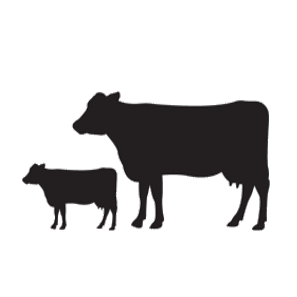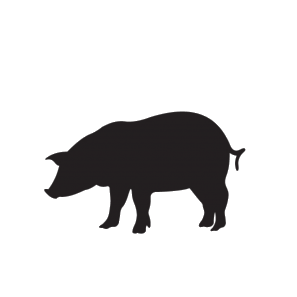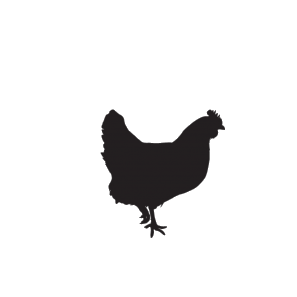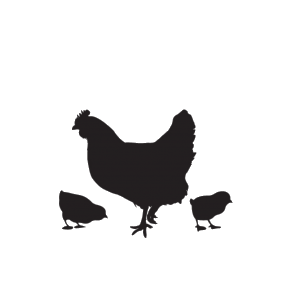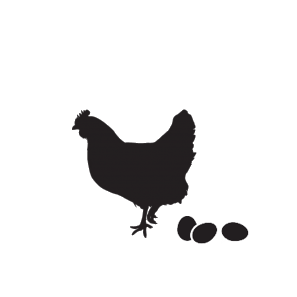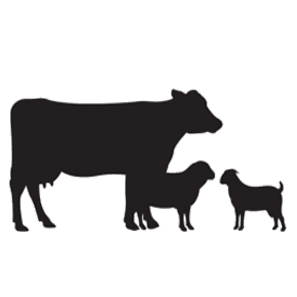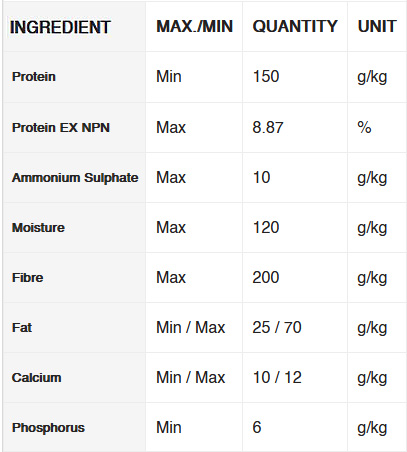In our previous article we discussed biosecurity and why biosecurity is so important on a poultry farm. Here we will look at warning signs of infectious diseases in broilers, what preventative measures should be in place and who you should contact.
Diseases and signs
Respiratory diseases
Respiratory problems are very common in chickens and can be caused by any number of pathogens like bacteria, viruses like Avian Influenza, parasites like mites, and fungus.
Chickens that are suffering from upper respiratory diseases will display difficulties breathing, and may have their beaks open, along with wheezing, snoring or clicking noises.
These chickens may also display signs of sneezing or coughing, swollen sinuses and wetness around the eyes and nostrils.
Broilers that show a lack of appetite as a result of respiratory diseases can also have resulting weight loss, condition loss and weakness.
Diarrhoea
Diarrhoea is also often known as scours or dirty vent, and occurs when your broilers’ droppings are very loose and watery, and may have a different colour and contain signs of blood.
These loose droppings can cause the feathers around the broiler’s vent to become dirty and cake together.
Diarrhoea in poultry often leads to depression, lack of appetite, weight loss and loss of condition.
If diarrhoea is not properly managed it may lead to the death of affected chickens.
Nervous systems problems
Problems that affect the nervous systems often also cause problems with blood supply, mental problems like depression, and other issues like respiratory infections.
These problems often affect the legs of your poultry flock, causing lameness or crippling of their legs, which results in limping or unwillingness to move.
These problems often also include paralysis, heads and necks pulled over their backs or twisted to the side, upwards staring or walking around in circles.
Nervous conditions in poultry can be caused by viral diseases such as Newcastle disease or Marek’s disease.
Which steps to take
In many cases there is no treatment for diseases, especially when it is caused by a pathogen like a virus. It is always important to ensure that preventative measures like vaccinations and proper measures are taken to ensure that you give your broilers a fighting chance to thrive and survive.
This includes using biosecurity practices
- making sure that your broiler house is properly cleaned and disinfected, especially before placing your day old chicks
- Making use of an effective vaccination programme
- Minimising dust by using the correct bedding
- Ensuring that pests like rats, mice and stray birds do not come into contact with your broilers or with their feed
- Not overcrowding your poultry houses
- Making sure that each broiler house has the same age chicks
- Managing your broiler houses correctly through the right temperature, clean water and food etc
For more information in treating and recognising infectious diseases in your broiler house, contact your local vet or animal health technician or you Epol Technical Advisor.




